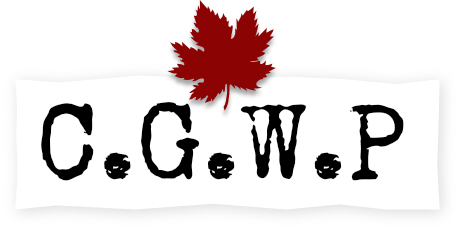
Lieutenant-Colonel Halfdan Fenton Harboe ’Hertz’ Hertzberg
PERSONAL INFORMATION
MILITARY INFORMATION
- Lieutenant-Colonel (Army). 1918-07-22 ?
- Lieutenant-Colonel (Army). 1918-01-01 to 1918-06-07
- Major (Army). 1916-03-07 to 1918-01-01
- Captain (Army). 1915-09-29 to 1916-03-07
- Lieutenant (Army). 1914-09-24 to 1915-09-29
Military Cross
Date of award: 1915-06-23
Date of award: 1915-06-23
Source: London Gazette No 29202, pg. 6129
Distinguished Service Order
Date of award: 1918-01-01
Date of award: 1918-01-01
Source: London Gazette No. 30450, pg. 28
Comment: New Years Award, no citation.
Mentioned in Despatches 'A' List
Date of award: 1918-05-28
Source: London Gazette No. 30706, pg. 6196
Companion of the Order of St Michael and St George
Date of award: 1919-06-03
Date of award: 1919-06-03
Source: London Gazette No. 31370, pg. 6793
Mentioned in Despatches 'A' List - 2nd Mention
Date of award: 1919-07-11
Date of award: 1919-07-11
Source: London Gazette No. 31448, pg. 8814
RESEARCH INFORMATION
Son of Anton Lund Hertzberg and Helen Eliza Hertzberg (nee McMaster); older brother of Charles Sumner Lund Hertzberg, and Olaf Phil Herzberg (Service No. 9205); husband of Dorothy Hope Hertzberg (nee Judah) married March 19, 1919.
His father, Anton Lund Hertzberg, was an engineer for the CPR. HFH Hertsberg was a graduate of St. Andrews College in 1904 and a graduate Civil Engineer from the University of Toronto. He was commissioned as a 2nd Lieutenant in the 2nd Field Company of Canadian Engineers on September 15, 1905 and finished the Great War as a Lieutenant Colonel in command of the 3rd Canadian Engineer Brigade. From November 21, 1938 until April 8, 1940 he was Quartermaster General. Major General Hertzberg was Commandant of Royal Military College from 1 September 1944 until his retirement from the military in 1945.
Hertzberg insisted on the saluting of Officers, which did not endear him to the soldiers who toiled under his command. They preferred military discipline that saved lives and contributed to the war effort, neither of which were improved by the saluting of officers in the heat of battle.